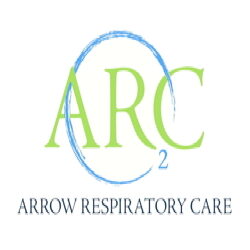Continuous positive airway pressure (CPAP) is the frontline treatment for obstructive sleep apnea. CPAP keeps your airway open during the night by gently providing a constant stream of air through a mask you wear while you sleep. This will eliminate the breathing pauses caused by sleep apnea, so you will no longer snore or make choking noises in your sleep. You will be able to sleep through the night without your body waking up from lack of oxygen.
When you use CPAP, you will feel more alert during the daytime. Your mood will improve and you will have a better memory. CPAP prevents or even reverses serious health problems associated with sleep apnea such as heart disease and stroke. Your partner may even sleep better because you will stop snoring.
CPAP comes with a machine, a hose for air and a mask. Most machines are small – about the size of a tissue box – lightweight and relatively quiet. You can keep the CPAP machine on your nightstand or at the side of your bed.
A long hose connects the CPAP machine to the mask. Air travels from the machine’s motor, through the hose and into the mask. Most hoses are long so that you can move around or turn over in your bed.
The CPAP mask may cover just your nose, your nose and mouth or fit in your nostrils. No matter what type of mask you use, it is important that it fits well and is comfortable. The mask must make a seal in order to keep your airway open through the night. A good mask seal will prevent air leaks and maintain the right level of air pressure.
The amount of air pressure need for CPAP to treat sleep apnea depends on the person. A board certified sleep medicine physician may recommend a CPAP titration study to calibrate your CPAP. Most CPAP units also come with a timed pressure “ramp” setting. This starts the airflow at a very low level, so you can fall asleep comfortably. The setting then slowly raises the pressure while you sleep until it reaches the right level to treat your sleep apnea.
CPAP is a lifestyle change. It works best when used every night, for the whole time you are sleeping. You should also use CPAP when you are napping. Just one night without the treatment can negatively affect your blood pressure. The more you use CPAP, the better you will feel.
